Find Your Perfect Wood Product
If you find a product you like, reach out to us for more details and assistance.
Curly Cherry
The combination of Cherry’s natural beauty and the added visual interest of the curly figure makes Curly Cherry a desirable choice for high-quality and decorative woodworking projects.
Length: 6′ – 14′
Thickness:
4/4 $12.00/Bd ft
6/4 $13.00/Bd ft
- Common Name(s): Curly Cherry, Black Cherry, American Cherry
- Scientific Name: Prunus serotina
- Distribution: Eastern North America
- Tree Size: 50–100 ft (15–30 m) tall, 3–5 ft (1–1.5 m) trunk diameter
- Average Dried Weight: 35 lbs/ft³ (560 kg/m³)
- Janka Hardness: 950 lbf (4,230 N)
- Crushing Strength: 7,110 lbf/in² (49 MPa)
Heartwood: Light pinkish-brown when freshly cut, darkening to a medium reddish-brown with time and light exposure.
Sapwood: Pale yellowish color, clearly demarcated. The curly figure adds a unique wavy pattern to the wood.
Grain: Usually straight, but can be irregular or wavy.
Texture: Fine and even, with a moderate natural luster.
Rated as very durable and resistant to decay (not typically used outdoors).
Excellent workability: stable, machines well, turns, glues, and finishes nicely.
Curly figure can cause tearout. Stain can be blotchy—use sealer or gel-based stain.
Read more about eliminating blotches on cherry.
- Furniture
- Cabinetry
- Veneer
- Musical instruments
- Turned objects
- Specialty wood items

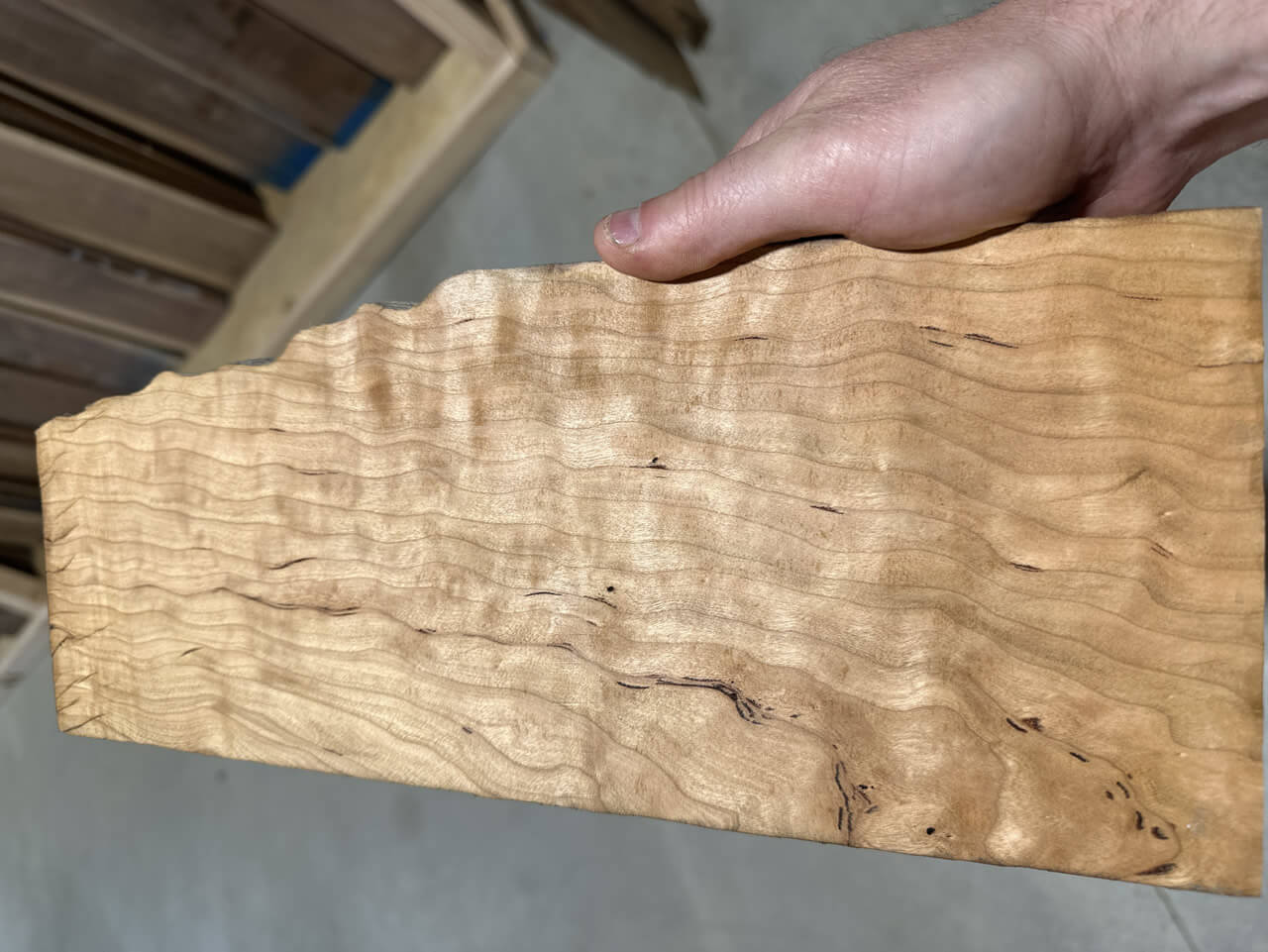
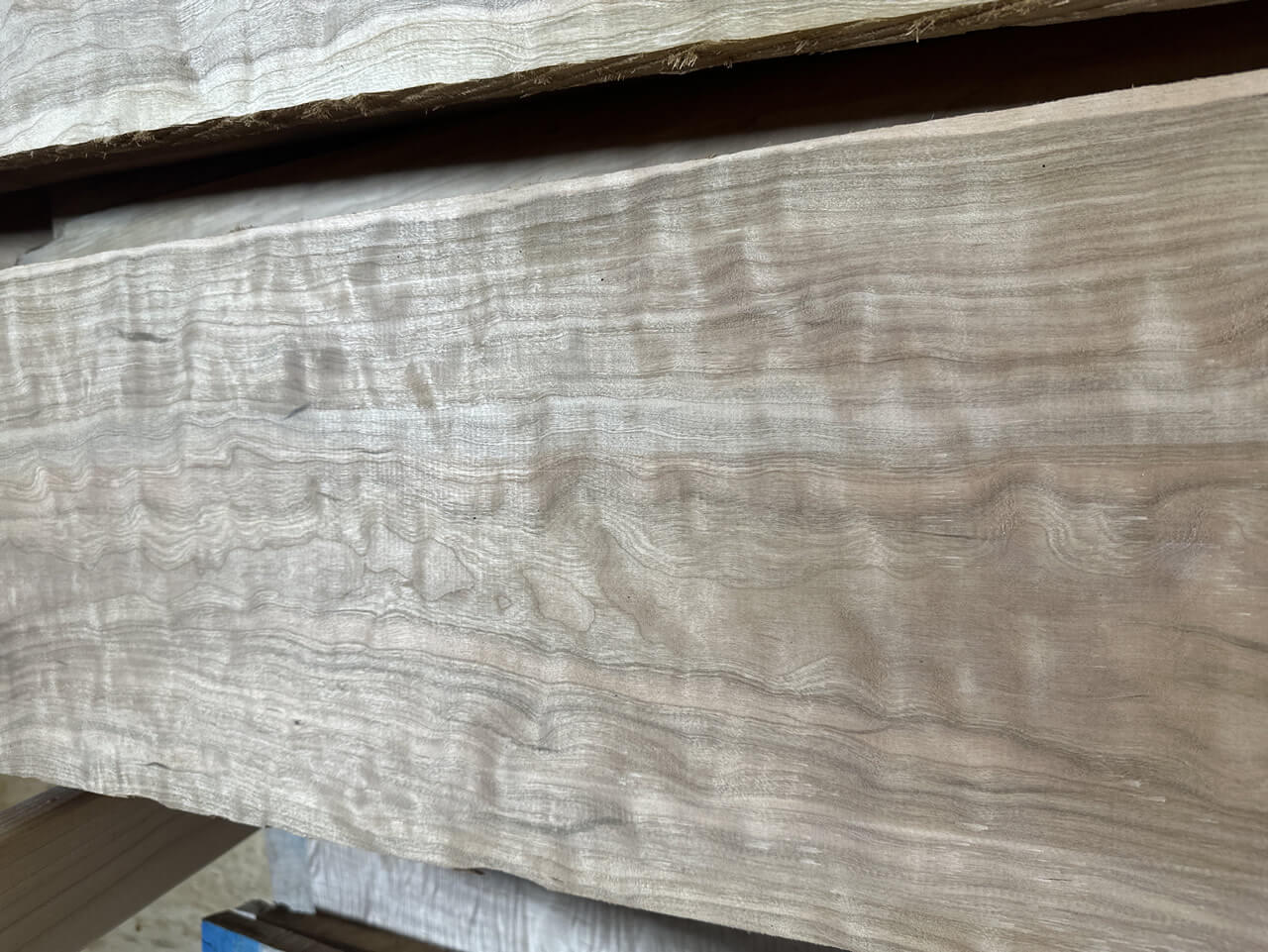
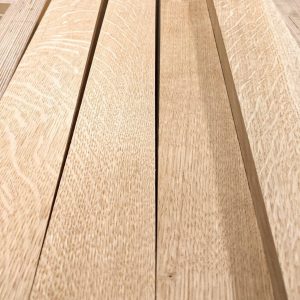
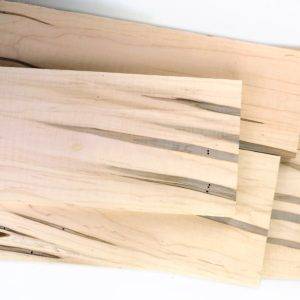
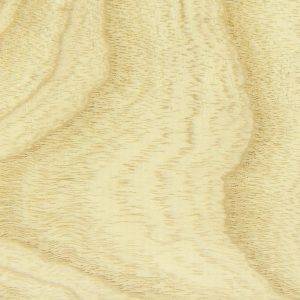
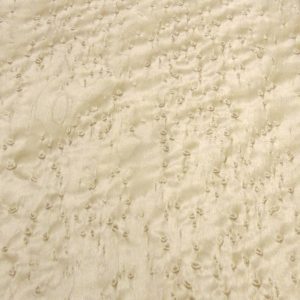
Curly Cherry develops a rich reddish-brown patina with age, often imitated with stains on other woods. The figure adds striking visual appeal, popular in fine woodworking.
Note: Do not confuse with Sweet Cherry (Prunus avium), a European/Asian species used for fruit. Black Cherry’s fruit is edible, but the wood is its main value.